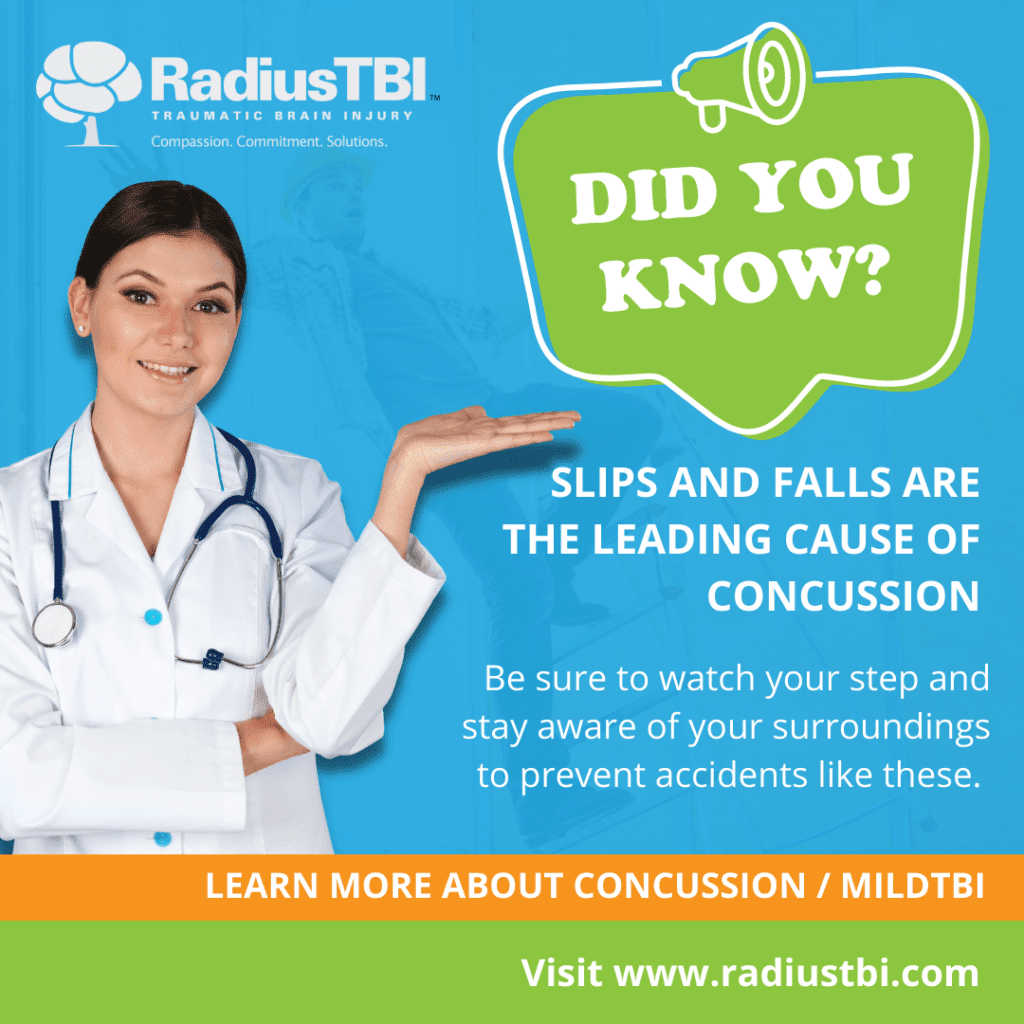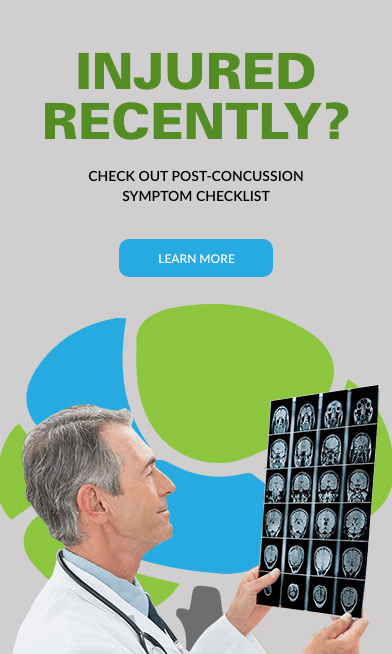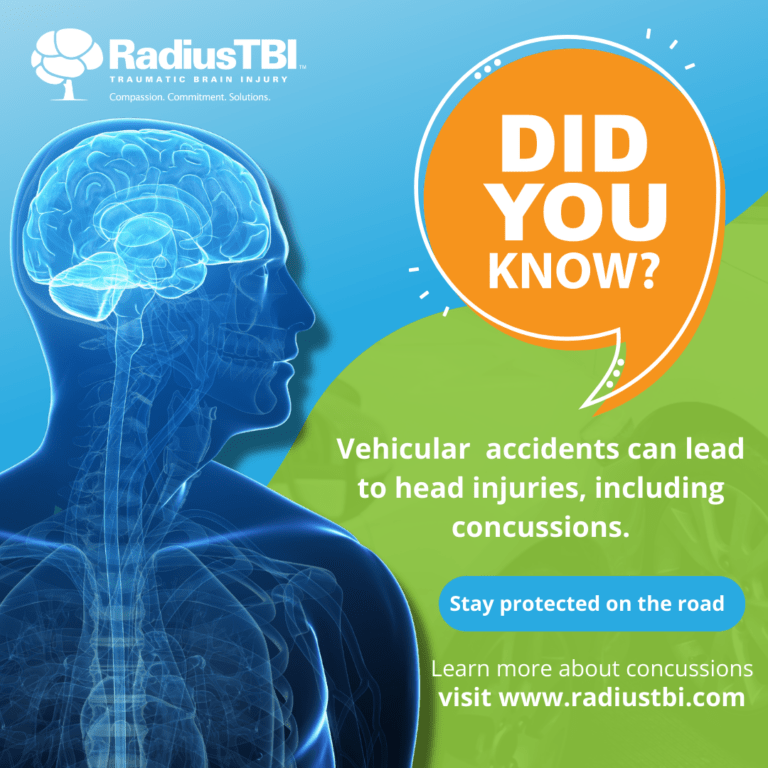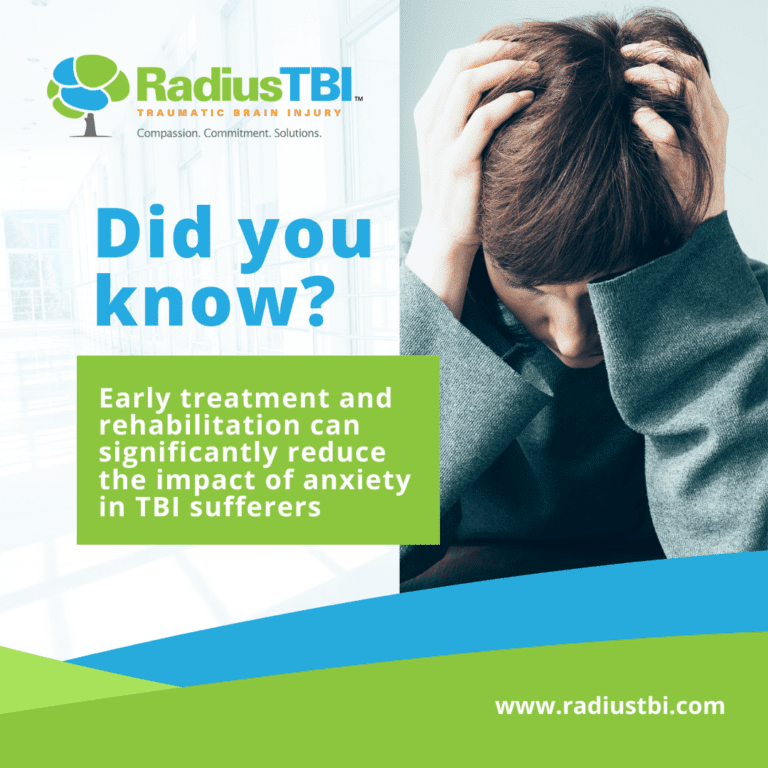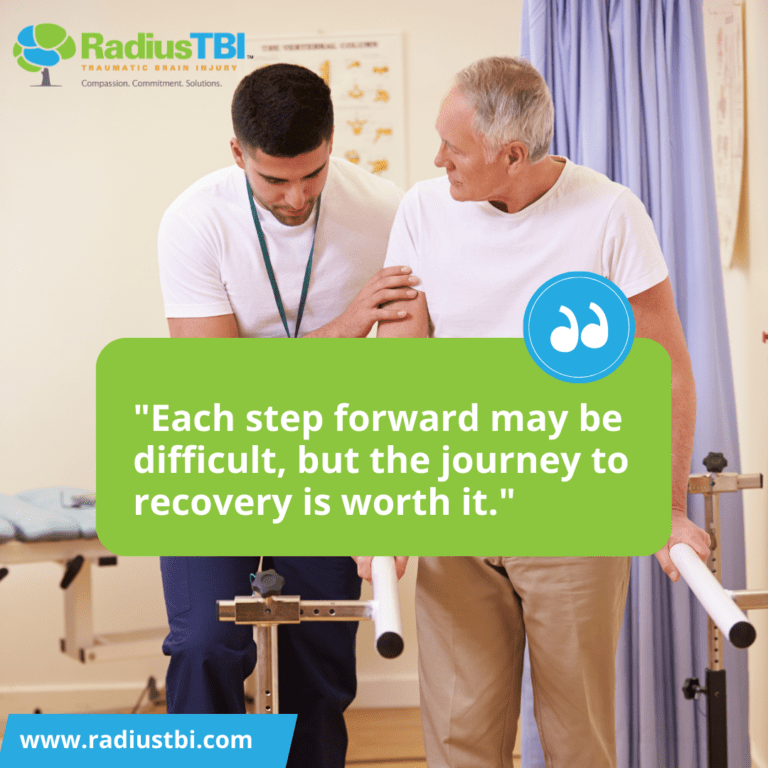What is the leading cause of a concussion?
Slips and Falls, Auto Accidents, and Accidental Contact
Are The Main Causes Of Concussion
A concussion is classified as a mild traumatic brain injury, although the symptoms can be anything but mild. If they aren't aware that you've had an accident, symptoms can be delayed and often missed by friends and family, sometimes even doctors. With that said the specialists at Radius TBI want to help you understand the most common occurrence of concussions.
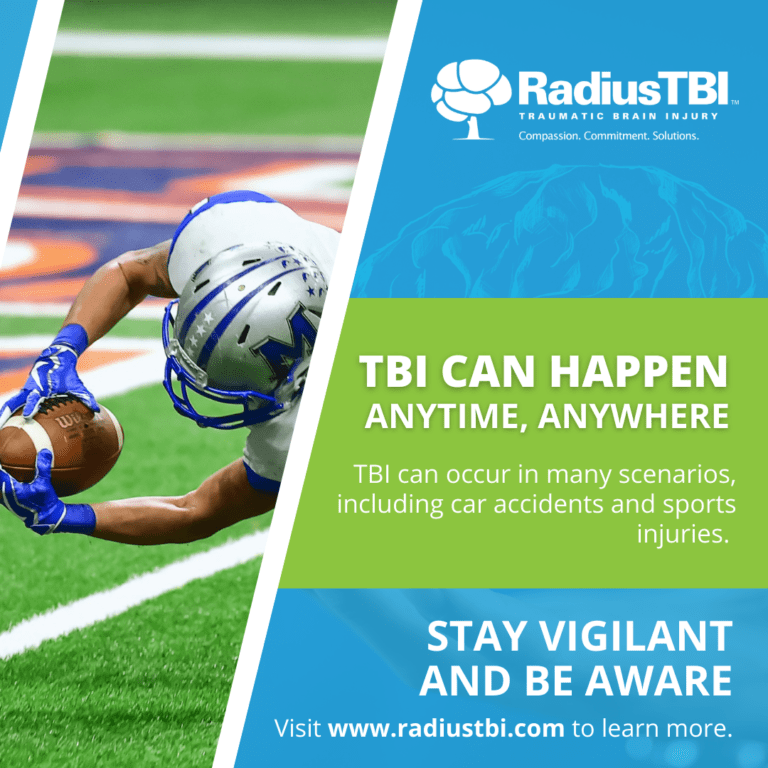
A concussion is classified as a mild traumatic brain injury, although the symptoms can be anything but mild. If they aren't aware that you've had an accident, symptoms can be delayed and often missed by friends and family, sometimes even doctors. With that said the specialists at Radius TBI want to help you understand the most common occurrence of concussions.
Slips and Falls
According to the CDC, in 2014, slips and falls accounted for 48% of all TBI-related emergency room visits. The resulting trauma occurs when the motion of your falling abruptly stops at the moment of impact with the ground. Whether it’s walking in inclement weather or you accidentally tripping and cannot break your fall.
There are things you can do to avoid situations such as these. These include improving your balance through the core and cardiovascular exercises. These can help improve balance by providing you with more stability. Strength training can also help by strengthening your legs for a more stable base. The most obvious solution is to be more careful and keep your head and your eyes forward when walking to avoid obstacles that may cause you to slip or fall.
Auto Accidents
The second most common cause of a concussion is auto accidents. Moving at high rates of speed and suddenly coming to a stop, even if your head doesn’t make contact with a solid surface, the momentum can cause your brain to make contact inside of your skull and cause a concussion. This is why seeking medical help right after a small or big accident is very important.
Another way to help prevent severe injury to your head in an auto accident is to ensure your seat is upright and not tilted too far back so that your head and neck do not have so much room to move back and forth and cause damage. Keeping your seatbelt secure can help prevent your head from moving forward into the steering wheel or windshield. A cushion on your headrest can also provide some relief if your head is thrown backward.
Accidental Contact
The next most common cause of concussion is being struck by an object or making contact with your head. A common location for this type of accident is on construction sites where several hazards are around you at any time. This is why helmets are required at all construction sites.
These situations are primarily accidental and unpredictable, so you cannot do much to avoid them. The only thing you can do to keep yourself safe is keep your eyes open and be careful around dangerous or unpredictable areas.
Always Seek Medical Attention
If you believe you or someone you know has suffered a concussion, seeking medical attention as soon as possible is important. The professionals at Radius TBI have years of experience diagnosing and treating mild traumatic brain injuries like concussions. To learn more or schedule an appointment with a specialist, call or visit us online and get the medical assistance you need! Our team is happy to offer several services, such as physical and occupational therapy, neurocognitive rehabilitation, and neurofeedback, to help patients recover their lives.
Latest News & Updates
Latest Blogs
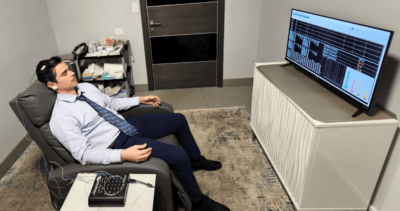
QEEG Brain Map Interpretation
In the world of neuroscience, one of the advanced tools used to understand brain function is the Quantitative Electroencephalogram (QEEG), often referred to as brain mapping. But who interprets these

Meet Our No.1 Best Neuropsychologist in Tampa, FL Location
At Radius TBI, we pride ourselves on providing exceptional care for individuals suffering from traumatic brain injuries (TBI) and concussions. Our integrated medical team in Tampa, FL, includes some of
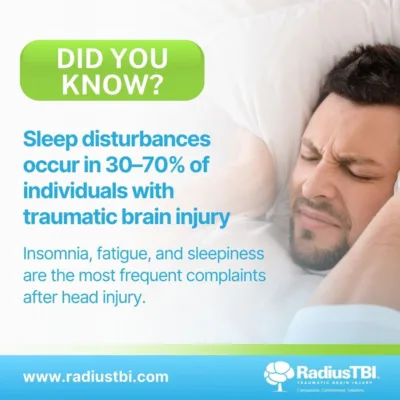
Sleep Disturbance
Did you know? Dealing with a traumatic brain injury (TBI) often means navigating a range of complications, one of the most prevalent being sleep disturbances. Surprisingly, 30-70% of individuals with


